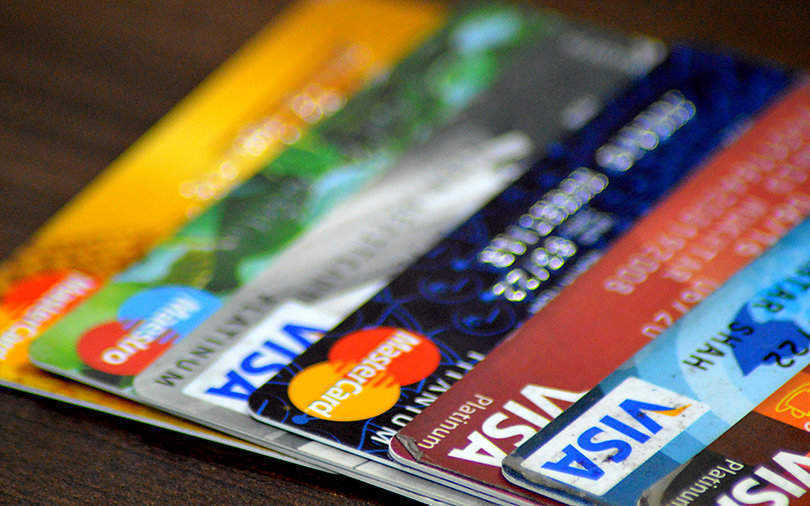
How Mastercard is using AI & ML to secure transactions


New York-based financial services corporation Mastercard is launching an advanced artificial intelligence (AI)-based solution Identity Check Express for Indian merchants and customers to secure transactions as well as ease customer experience.
“With data and IoT acting as catalysts to the payments industry, digital frauds are on the rise. Almost 35% of our revenue comes from digital payments and nearly half of fraud cases we deal with are digital in nature,” Ajay Bhalla, president of cyber and intelligence solutions at Mastercard, told TechCircle.
He added that the company has stopped $10 billion and $55 billion in fraud over the last 12 months and four years, respectively.

Nearly 20% of all mobile ecommerce transactions are abandoned mid-way due to reasons like non-delivery of one time password (OTP), which the company is up by 8% according to its research.
“Existing methods to verify identity online can take shoppers away from a merchant’s website and are time-consuming due to issues like consumers being redirected to a browser environment for an in-app payment or mobile network fluctuations,” Bhalla said.
He said that while the consumer doesn’t get the service on time, it is also a missed opportunity or wastage of resource for the vendor company.

“We have been testing the product for around seven months and merchants and customers absolutely love it,” Bhalla said, adding the new solution will be passed on as an application programming interface (API) and will be able to integrate on browsers and smartphones.
In May, India reported 733.53 million transactions based on united payments interface (UPI) protocol that aids in transferring money from one bank account to another via a mobile phone, according to data from National Payments Corporation of India (NPCI).
There were around 4.4 billion merchant transactions via debit cards in May, according to data from the Reserve Bank of India (RBI).

How Identity Check Express works
The new solution, according to Bhalla, eliminates the need for an OTP and uses a combination of a personal identification number (PIN), biometrics and AI to make transactions more secure and easy.
“For low value transactions (below Rs 2,000) at merchants users trust, they can give a one-time authorisation that will enable them to bypass OTP for all future payments made on that device,” Bhalla said.

He added that for higher value transactions (above Rs 2,000), consumers can set up a PIN or use biometrics on their phones such as fingerprint or facial recognition as default passwords for all future payments.
In order to make this work, Mastercard will start collecting historical data and new data from the customer’s device like geo-location, device ID, purchase history and behavioural biometrics such as what angle the phone is being held and typing speed of passwords.
These datasets will be then fed to an AI model via a cloud solution that is already programmed to catch anomalies of any kind in order to stop fraudulent transactions. “We have data from 210 countries that we operate in, and we have created ML models using this data. Also, criminal behaviour in the payments space doesn’t vary much from country to country,” Bhalla said.

The company, which has been working at developing ML models around payments data for the last three years, has also been acquiring companies to get the capability to collect the right datasets and process them for insights.
Mastercard has acquired three firms -- Toronto-based Ethoca, Vancouver-based NuData Security and US-based Brighterion -- in the last three years to track, identify and root out fraudulent transactions.
In March 2017, the company acquired NuData Security to help add session and biometric indicators-reading capacities. It had then said the acquisition would help tighten device-level security and authentication enabling near real-time collaboration between issuers, merchants and processors.

In July, the company acquired Brighterion to take advantage of its SmartAgent suite. SmartAgent is a technology that can read a customer’s actions & purchases and create a virtual representation.
The company acquired Ethoca in March this year with the goal of adding more AI and fraud detection capabilities.
In May, Mastercard had announced an investment of $1 billion in India over the next five years.
